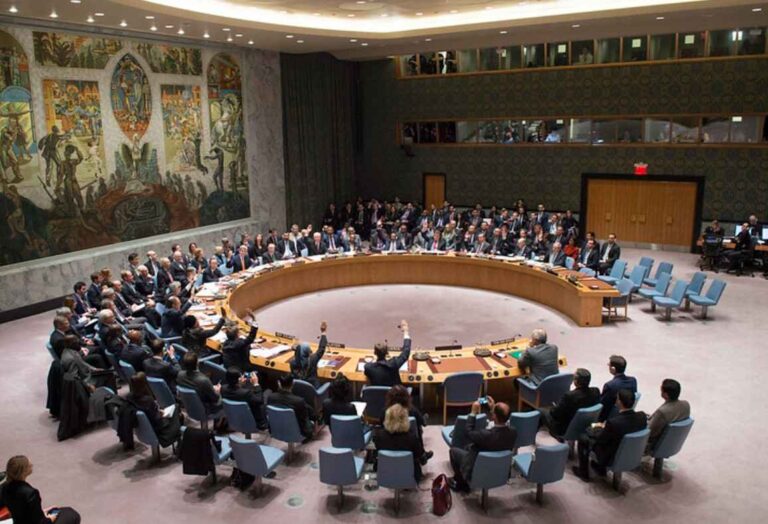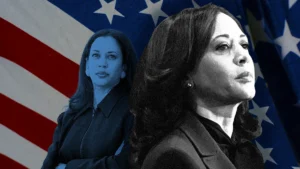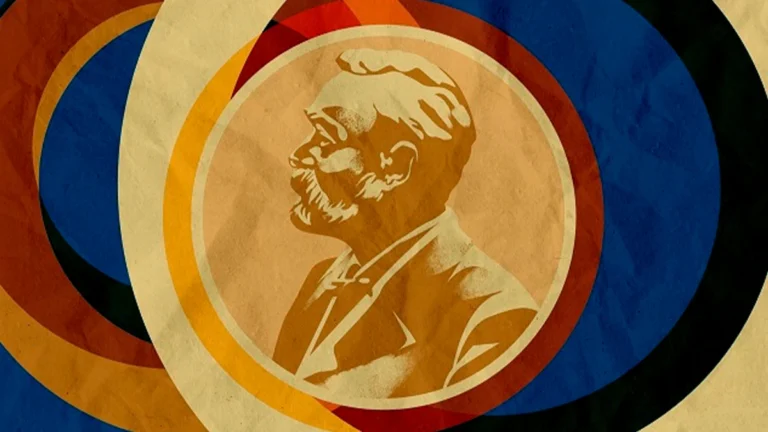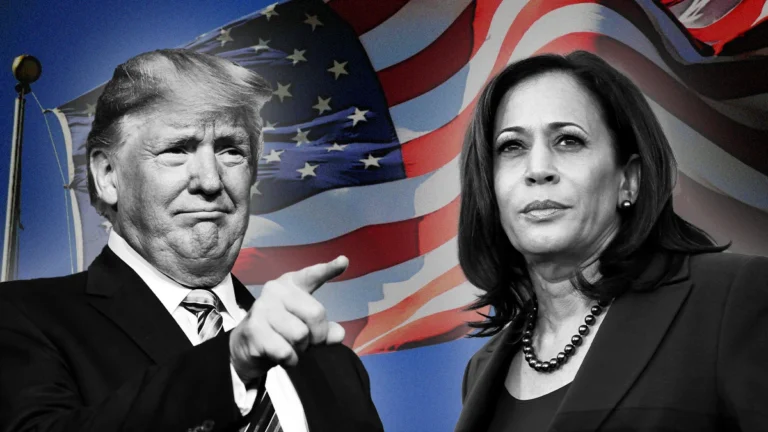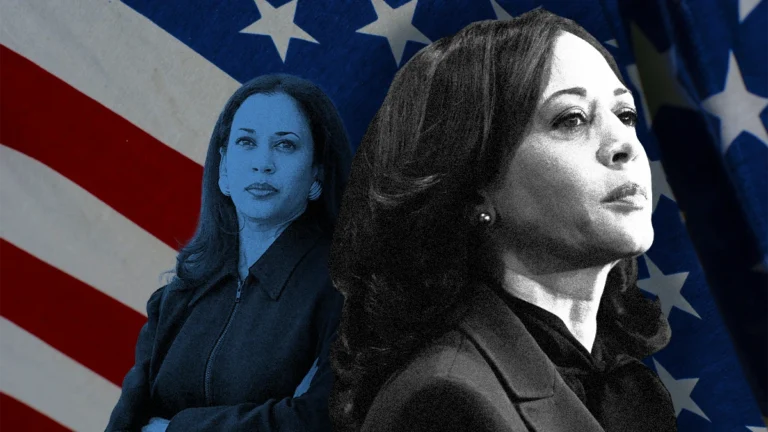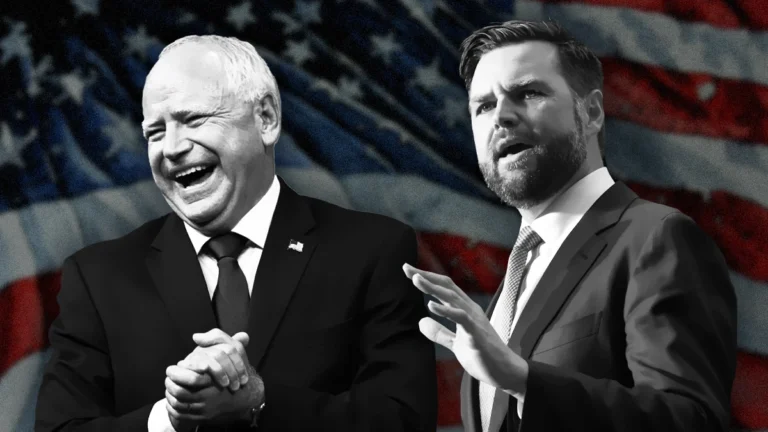The UN Security Council passed its first resolution on Monday calling for an immediate ceasefire in the Gaza Strip. The resolution was approved after months in which intertwined vetoes in the Council, especially from the United States, Russia and China, had blocked any decision on the matter.
Table of Contents
The UN resolution for a Ceasefire in Gaza
The resolution received 14 votes in favor, including those of the governments of China and Russia.
The most significant thing, however, was the abstention of the United States, whose support for Israel had already weakened in recent weeks. All three countries, together with the United Kingdom and France, are permanent members of the Security Council with the power to veto: it means they can block any resolution.
More than five months after the start of the war in the Gaza Strip, the United States has in fact begun to criticize with ever greater force the way in which Israel is conducting the war.
And above all the actions of Prime Minister Benjamin Netanyahu, considered a of the main obstacles to reaching a ceasefire in the Strip. This is relevant because until recently the US government had supported the Israeli government almost unconditionally.
Read also: Which countries do not recognize Palestine, and which ones Israel?
What does the resolution provide for
The Security Council is the only international body that can make decisions that are theoretically binding on all member countries, including Israel. Netanyahu’s office criticized the approval of the resolution and in particular the US abstention, arguing that this would undermine Israel’s efforts to free the hostages held by Hamas.
The resolution provides for a ceasefire for the period of Ramadan, the most important anniversary for Muslim communities in the world, which began between Sunday 10 and Monday 11 March and will end between 9 and 10 April.
It also provides for the immediate release of all the hostages held by Hamas in the Gaza Strip and invites Israel to do more to facilitate the entry of humanitarian aid into the territory, where the ongoing humanitarian crisis due to the war has been very serious for weeks now.
Is the resolution binding?
The resolution is in theory binding. It means that, at least on paper, Israel is obliged to respect it. However, it is unlikely that Netanyahu’s government, which has so far resisted any pressure to reduce the intensity of the war in Gaza, can actually comply with it.
The text was presented by the ten non-permanent members of the Security Council (who obviously have no veto power), after a proposal by the United States calling for an “immediate and lasting ceasefire” was rejected on Friday.
Previously, the American government had vetoed three times the request for an immediate and definitive humanitarian ceasefire in the Gaza Strip.
According to some diplomats interviewed by the New York Times, the United States had proposed an amendment to the final text to replace “permanent ceasefire” with “lasting ceasefire”. A vaguer and less binding formulation for Israel, which however did not pass.
Read also: The countries not in the UN in 2024

